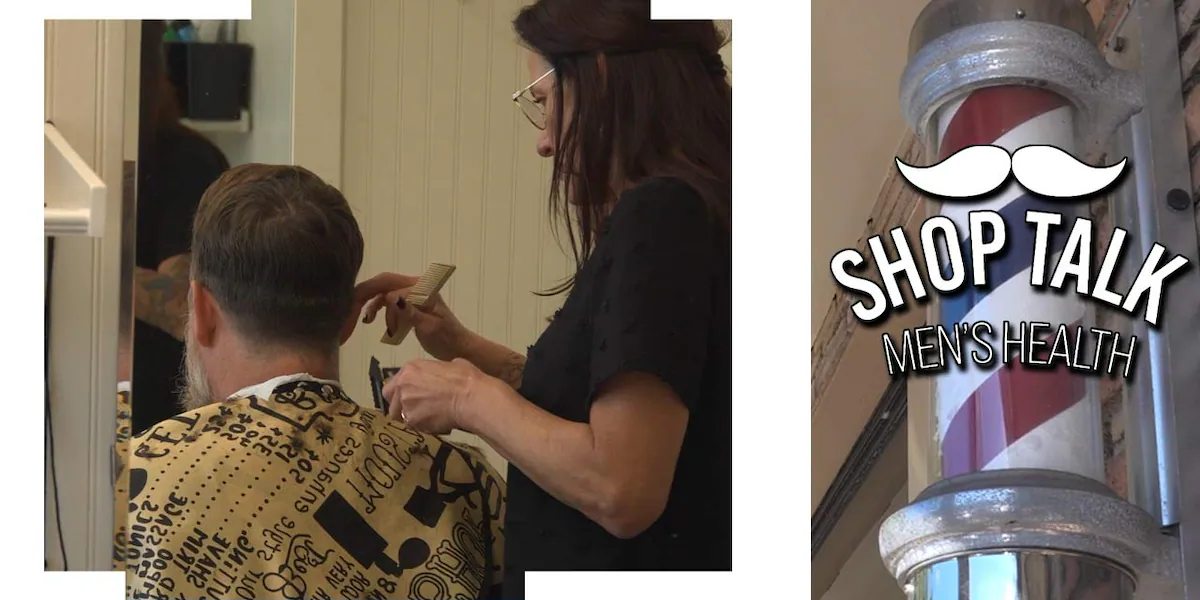Copyright Live 5 News WCSC

EDITOR’S NOTE: Sometimes the most honest conversations don’t happen in a doctor’s office - they happen in the barber’s chair. That’s the idea behind our new series Shop Talk, where we shine a light on the health issues men face and how to tackle them head-on this November. CHARLESTON, S.C. (WCSC) - Sitting in Charleston’s oldest barber shop, a Lowcountry cardiologist says men are more likely to open up about health issues in casual settings than in their own doctor’s office. Dr. John Fry, a cardiologist at HCA Healthcare’s Trident Hospital, visited Oskar’s Family Barber Shop to talk about the stigma men feel about discussing their health. “Well, there’s a misperception among a lot of us men that admitting to health problems, particularly the heart, something as serious as the heart, is a sign of weakness,” Fry says. “When we’re around some of our peers, it’s a little easier to discuss things, but when you’re around others in society and in public, it may not be as comfortable talking about your issues or other health problems.” That sense of camaraderie is what makes spaces like Oscar’s an ideal place to start conversations about physical and mental wellness. But doctors hope men will continue that kind of conversation beyond the barber chair and take real steps toward better health. “First of all, get your heart checked,” Fry says. “We have a phrase: Know your numbers. Either with your primary care doctor or a heart specialist, you want to know what your blood pressure is, your blood sugar, and your weight.” Fry emphasizes that heart health starts with two simple habits: movement and mindful eating. “You have to move your body,” he says. “Exercise or regular activity and walking can be just as good as anything to start. And then the second would be diet. We recommend something like a Mediterranean-style diet. There’s also the DASH diet, which is promoted by the American Heart Association. And while sometimes controversial, vegetarian, and vegan diets tend to be very heart-healthy as well.” Fry says some men dismiss symptoms that could be signaling something serious. “When you start walking and can’t walk like you thought you would be able to, or you start developing breathing difficulties or chest tightness, those can be signs,” he says. “The classic symptom for heart problems is pressure in your chest, or feeling like an elephant is sitting on it.” Unexplained indigestion can also be a red flag. “Especially if you’ve not had any heart problems before, you might ascribe it to reflux and it ends up being something more serious,” he says. Fry encourages men not to wait until something feels wrong. “We’d be happy to see anyone if they have questions about their heart or just want to get it checked,” he says. “It’s important to have a primary physician who can monitor your weight, blood pressure, and blood sugar. Those are all very important risk factors, and they tend to be high here in this area.” Fry says heart disease remains the number one killer for both men and women. “So it’s not something to ignore. Taking the first step is very important to living a nice, long, healthy life,” he says. “Even breaking your walks into smaller pieces, it still counts. The journey of a thousand miles starts with one step.”



